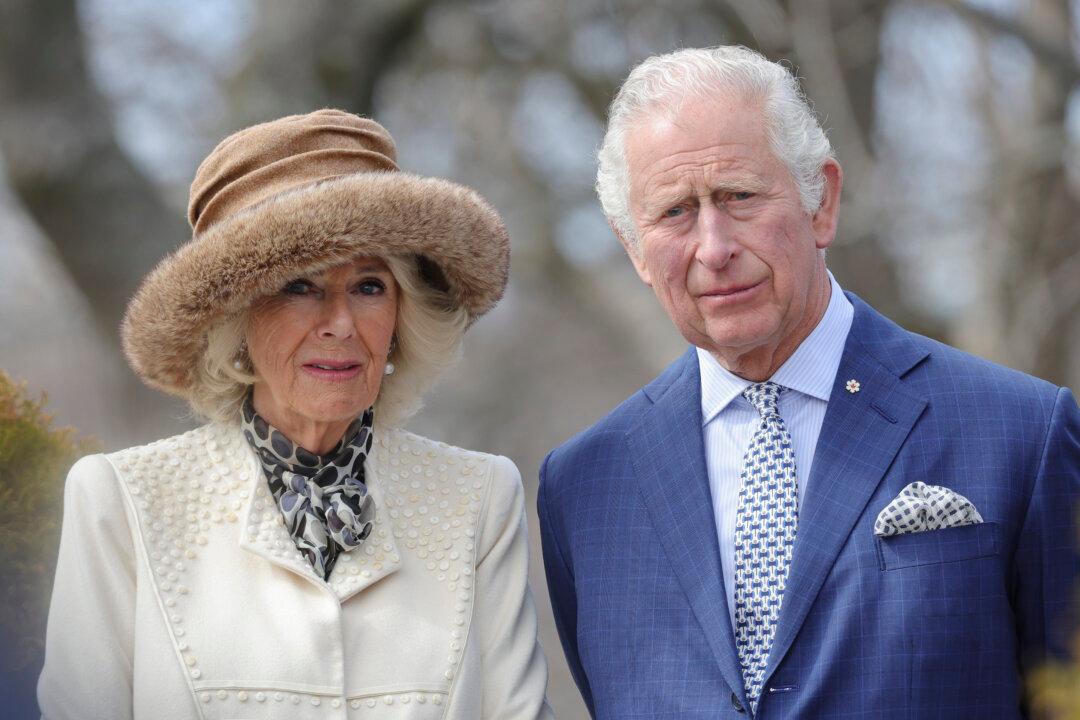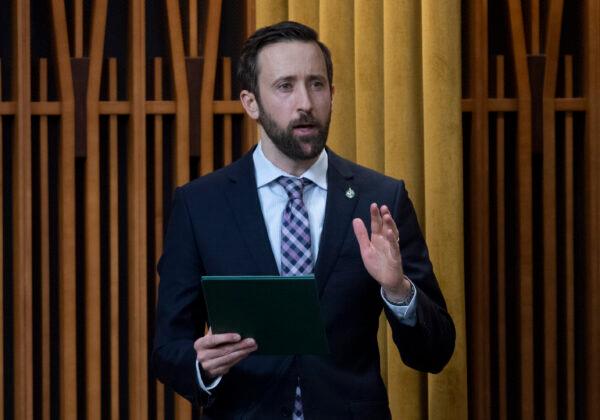Proposed legislation that seeks to amend the Criminal Code to crack down on conversion therapy continues to generate controversy, particularly regarding its potential impact on the Charter and the rights of parents and LGBTQ persons.
Tabled in the House of Commons on Oct. 27, Bill C-6 seeks to create criminal offences for “a practice, treatment or service designed to change a person’s sexual orientation to heterosexual or gender identity to cisgender, or to repress or reduce non-heterosexual attraction or sexual behaviour.”





